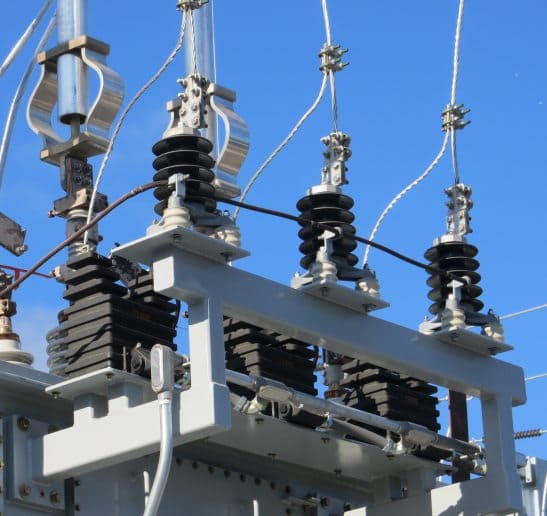What is Independent Power?
What does independent power mean?
Independent power is a competitive alternative to utility owned and operated power. The term encompasses independent power producers (IPPs), who develop and operate power plants, as well as independent marketers, who buy and sell power produced mainly by others. The term may also refer to related firms like independent transmission companies.
In contrast to a vertically-integrated utility that owns power plants as well as the poles and wires that make up the grid, independent power represents more diverse business models that often specialize in particular types of electric generation or services. Traditional utilities transmit and distribute power from facilities they own to end-users, but many utilities also buy power from IPPs. Utilities in some states compete with retail marketers to supply power to retail load, especially large industrial and commercial customers.
IPPs operate all types of power generation, including thermal and renewable resources, as well as storage resources, including batteries and pumped storage. IPPs include privately held independent developers that specialize in developing resources in specific states as well as subsidiaries and affiliates of large multinational companies. Both IPPs and marketers participate in traditionally regulated markets as well as restructured markets that feature centralized wholesale market operators and retail consumer choice. In all markets, independent power relies on open, non-discriminatory access to the transmission network.








The main financial difference between independent power and investor-owned utilities is that IPPs and power marketers do not have the “rate base” protection that utilities do. Rate base is the value of a utility’s assets used to provide electric service. It is the basis on which the utility earns a financial return, in exchange for offering service to all customers in its service territory. Subject to a state regulator confirming that the rate base consists of prudent investments, the utility and its investors are effectively guaranteed a profit above their cost of service.
By contrast, in order to compete effectively, IPPs and marketers must offer the best services at the best prices to utilities or directly to consumers. This imperative more closely resembles most sectors of the economy. As an alternative to utility development and operations, independent power tends to lower the overall cost of wholesale and retail power supplies by introducing competitive forces into resource procurement decisions.
- “Competitive Electricity Market Regulation in the United States: A Primer,” National Renewable Energy Laboratory technical report (2016)
- “Electricity Regulation in the U.S.: A Guide,” The Regulatory Assistance Project (2011)
- Electricity Restructuring in the United States: Markets and Policy from the 1978 Energy Act to the Present, by Steve Isser (2015)
